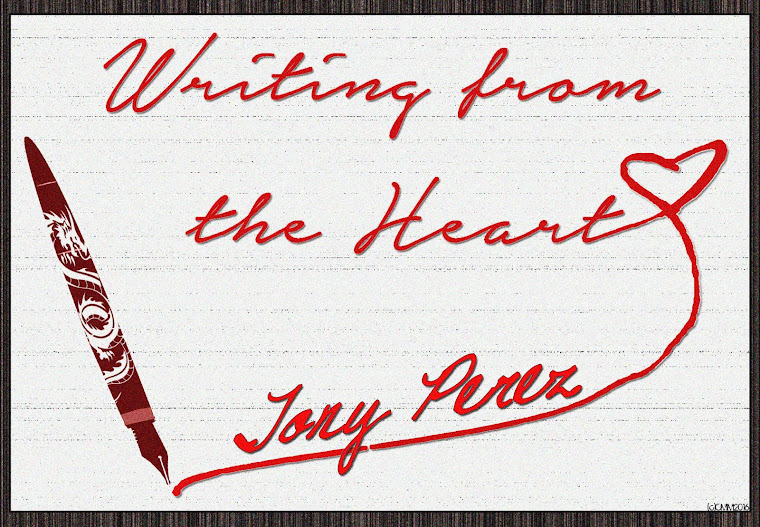Hello Ivan!
Thank you for completing your play. When I read it this time around, it came across as poignant and lyrical.
Here are my comments:
1) Scene 1, Page 1: Second to the Last Line: Change "It is dramatic!" to "It is melodramatic!' (Or tacky, or kitschy, or artificial, not dramatic).
2) Proofread your dialogue well. Some examples: You wrote "worst than" rather than "worse than", "loose" rather than "lose", and "Flashback to today" rather than "Flashforward to today".
3) In any script, don't write "What the f**?" Spell the word out. Otherwise the performer will pronounce the line as "What the F-Asterisk-Asterisk?"
4) In an early scene Andy says he is straight rather than gay. He was lying, then?
5) Scene 14 employs a flashback technique that does not go with the rest of the play. I suggest that you convert this scene to a video.
Additional comments:
1) You need highly credible performers for this play, but I am sure that your director will find them, because Singapore has many, talented actors and actresses.
2) The production is best held inside a cafe, with the audience seated round cafe tables and actually eating dinner. And with real waters going round between scenes.
3) This might be classified as an "Adults Only" play.
4) Your prospective producers could be groups like Pink Dot. HOWEVER, go over your play and decide what it is actually saying about gay culture.
If you are satisfied with the state that your play is in (I know that you mulled over it and reworked it several times), clean it up and submit it to TheatreWorks for a staged reading. While its audience is restricted, I found it very enjoyable, and I liked the interactions between the male characters and the one female character in your cast.
Thank you for completing your play. When I read it this time around, it came across as poignant and lyrical.
Here are my comments:
1) Scene 1, Page 1: Second to the Last Line: Change "It is dramatic!" to "It is melodramatic!' (Or tacky, or kitschy, or artificial, not dramatic).
2) Proofread your dialogue well. Some examples: You wrote "worst than" rather than "worse than", "loose" rather than "lose", and "Flashback to today" rather than "Flashforward to today".
3) In any script, don't write "What the f**?" Spell the word out. Otherwise the performer will pronounce the line as "What the F-Asterisk-Asterisk?"
4) In an early scene Andy says he is straight rather than gay. He was lying, then?
5) Scene 14 employs a flashback technique that does not go with the rest of the play. I suggest that you convert this scene to a video.
Additional comments:
1) You need highly credible performers for this play, but I am sure that your director will find them, because Singapore has many, talented actors and actresses.
2) The production is best held inside a cafe, with the audience seated round cafe tables and actually eating dinner. And with real waters going round between scenes.
3) This might be classified as an "Adults Only" play.
4) Your prospective producers could be groups like Pink Dot. HOWEVER, go over your play and decide what it is actually saying about gay culture.
If you are satisfied with the state that your play is in (I know that you mulled over it and reworked it several times), clean it up and submit it to TheatreWorks for a staged reading. While its audience is restricted, I found it very enjoyable, and I liked the interactions between the male characters and the one female character in your cast.












